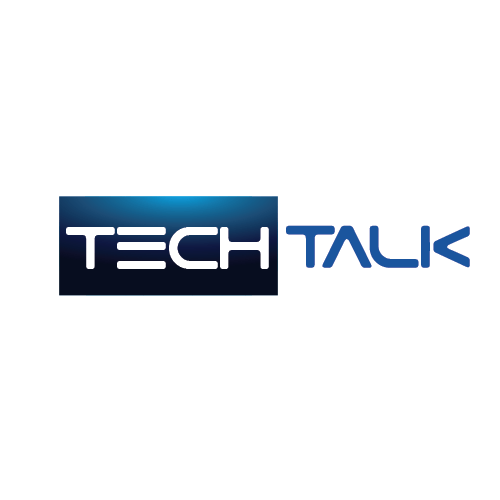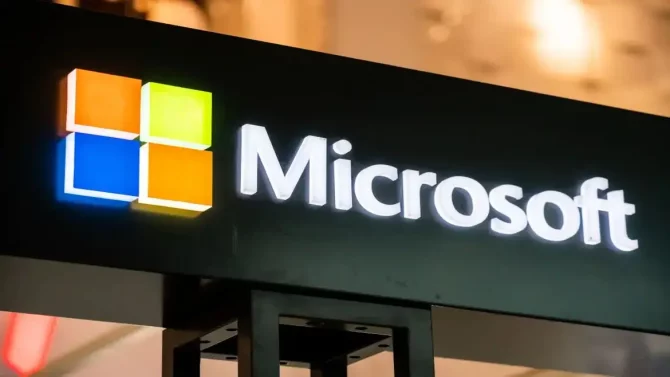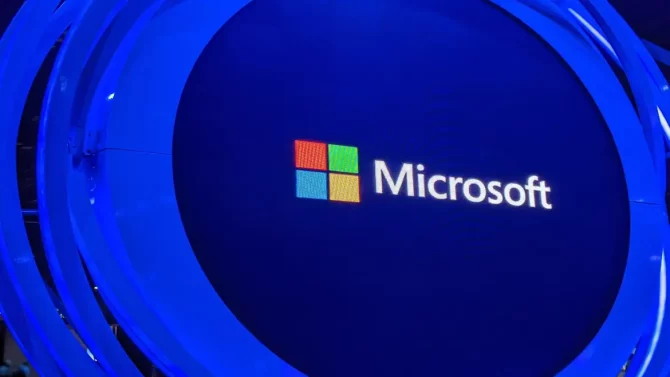Microsoft enhances ChatGPT and Bing in comprehensive AI product launch
On May 23, Microsoft Corporation (MSFT.O) unveiled a range of AI advancements, including upgrades to ChatGPT, its search engine Bing, as well as its cloud services. This ambitious launch aims to bridge the gap between Microsoft and Alphabet Inc’s (GOOGL.O) Google.
One notable change is the introduction of live search results from Bing to ChatGPT. Originally, the responses from OpenAI’s viral chatbot were limited to information available up to 2021.
Now, ChatGPT has the capability to access Bing web results for paid subscribers and will soon do the same for free users. This announcement was made at Microsoft’s annual Build conference.
Additionally, Microsoft is expanding plug-ins for Bing, using a standard adopted by OpenAI. These plug-ins facilitate smoother transactions between businesses and consumers within the search engine.
For example, one such tool can assist a web user in search of dinner ideas by providing a suggested recipe and the necessary ingredients, which can then be ordered from Instacart with a single click. Yusuf Mehdi, Microsoft’s consumer chief marketing officer, described this as a significant transformation in how people utilize the web.
When asked about the possibility of Microsoft selling ad placements related to these plug-ins, Mehdi stated that the company has not yet reached that stage, but acknowledged that the customer acquisition model is evolving.
The updates to Bing are part of Microsoft’s endeavor to capture a larger share of the estimated $286 billion global market for search advertising.
Similar to Microsoft, Google has recently showcased generative AI upgrades for its search engine, enabling it to respond to open-ended queries where clear answers may not exist on the web.
Consumer preference for the updated search engines remains uncertain, as Google has yet to widely release its changes. However, Google’s independent competitor to ChatGPT, a chatbot called Bard, is already available and includes answers based on Google’s search results.
When asked whether ChatGPT will replace Microsoft’s Bing now that it incorporates up-to-date web information, Mehdi explained that the two programs offer distinct experiences. Nonetheless, Microsoft will benefit from both scenarios, as citations within ChatGPT will drive traffic to Bing.
In terms of cloud services, new features include the ability for businesses to develop plug-ins that connect to Microsoft 365 Copilot, an AI assistant for enterprises.
A plug-in could enable a staff member to ask the AI, using plain language, to book travel or provide explanations regarding legal issues with vendor contracts, as stated by Microsoft. The company aims to offer broader configuration options for companies to customize their own AI copilots.
Furthermore, Microsoft announced that it will make an AI assistant, or copilot, available as a preview for select users of its widely used Windows operating system, starting in June. It also revealed its efforts to help consumers determine whether an image or video was generated by AI, similar to an initiative undertaken by Google.






